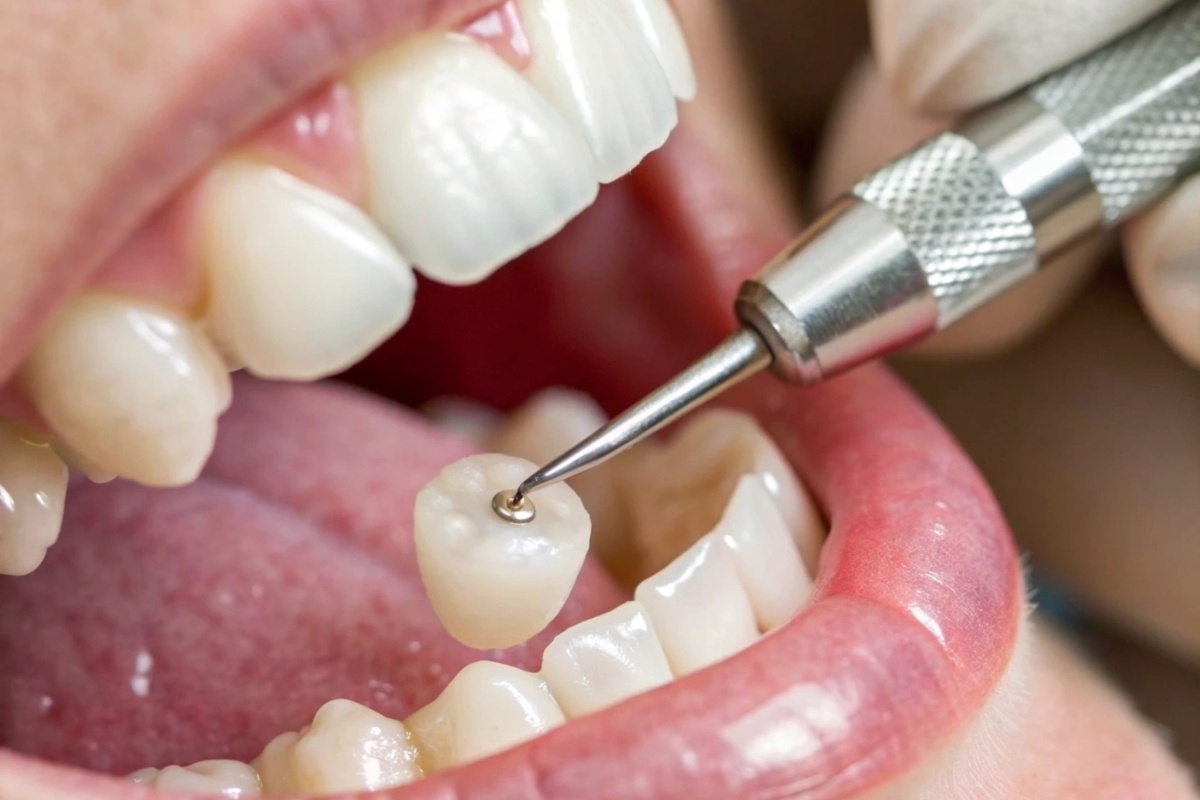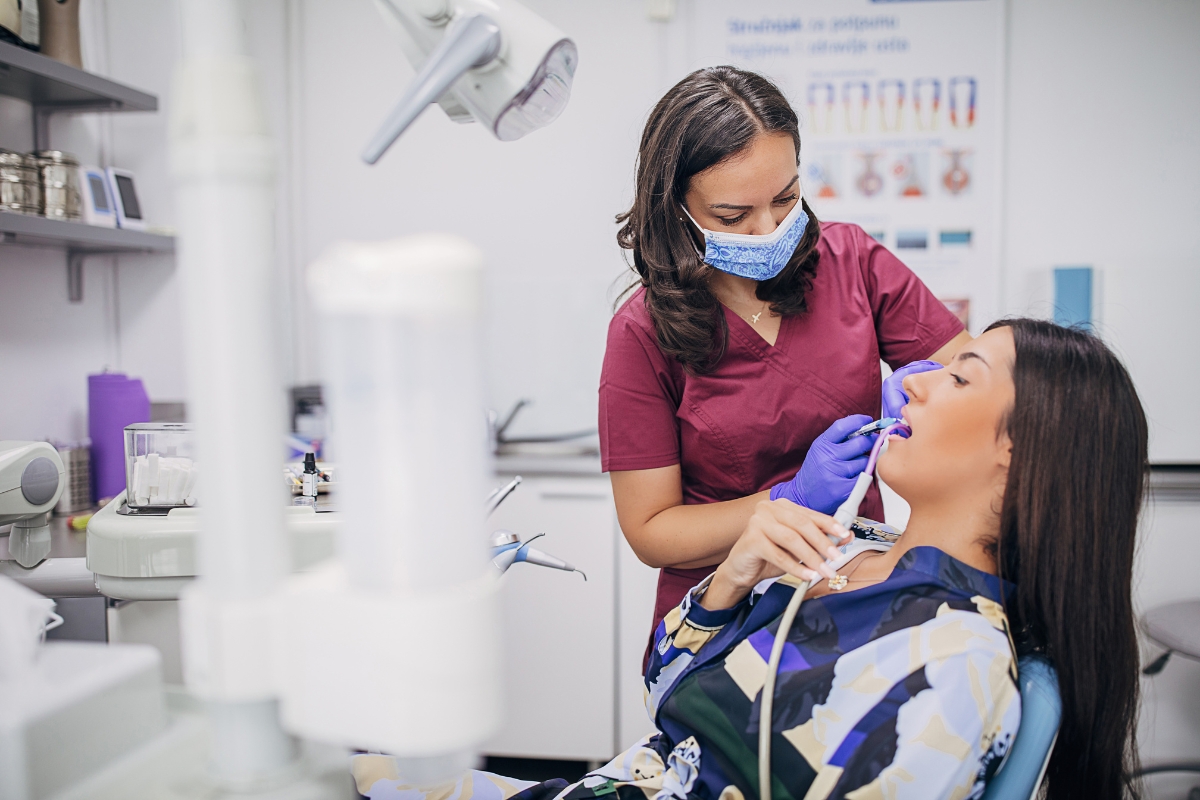
Chipped a tooth from enjoying your favorite snack or had an accident? It’s frustrating, but the solution doesn’t have to be complicated or time-consuming. Composite bonding offers a quick and effective way to restore your smile. This procedure uses a tooth-colored resin that seamlessly repairs chips, cracks, and imperfections in just one visit.
In this blog, we will discuss the process involved, the benefits, and why composite bonding is the best option for getting fast dental repairs.
What is Composite Bonding?
Composite bonding has become one of the leading dental treatment options that employs a tooth-colored resin for fixing damaged teeth. The resin material is carefully applied to the affected area, molded to match the tooth’s natural shape, and then hardened with a special light.
It’s a versatile technique for fixing chips, cracks, or gaps in teeth. Composite bonding in Burbank blends perfectly with your natural teeth, making it an excellent solution for aesthetic improvements, all while keeping functionality intact.
Why Choose Composite Bonding for Chips and Cracks?
This is an excellent treatment for the busy because composite bonding provides immediate results. The chips and cracks can be fixed within one visit, saving you much-needed time. This is also relatively inexpensive compared to crowns and veneers. Therefore, it can be considered a budget-friendly option for many.
The resin material is designed to look like your tooth, so you will have a perfect, natural appearance. Besides that, composite bonding is minimally invasive and usually only requires minor tooth preparation. Therefore, more of your natural tooth is preserved.
The Process: What to Expect During Your Visit
The composite bonding procedure is relatively simple and painless, involving 30 to 60 minutes per tooth. Here’s what you can expect:
Preparation: First, the dentist cleans the tooth and checks its preparedness for bonding.
Color Matching: The shade of resin is selected to perfectly match your natural teeth.
Application: The resin is applied and molded onto the desired shape, then hardened through the use of UV light.
Finishing Touches: The bonded area is polished for a smooth, natural finish.
The entire process is quick, efficient, and completed in just one appointment.
Benefits of Composite Bonding for Chips and Cracks
Composite bonding in Burbank is quick and convenient for people who need results right away. It is ideal for the busy because it can be completed in a single visit. When well taken care of, it lasts for several years.
The natural result of composite bonding ensures your smile appears complete without compromising the structural integrity of the teeth. Additionally, it costs less when compared to other restorative dentistry options, and it is, therefore, affordable.
Aftercare following Composite Bonding
After the procedure, hard or sticky foods should be avoided for one or two days, allowing the resin to set. Keep up regular oral hygiene, brushing and flossing daily, to keep the area clean.
Properly cared for, your composite bonding will last several years, although an occasional touch-up may be required to maintain its appearance. The best ways to avoid wearing your bonded area down are to avoid nail-biting and pen-chewing habits.
Composite bonding provides an effective, aesthetic, and minimally invasive means of correcting chipped and cracked teeth. Inexpensive and fast, composite bonding allows for the restoration of one’s smile in a manner that looks and feels natural.
If you would like to address imperfections in your smile, schedule your appointment today. At our practice, we specialize in composite bonding to bring you professional care and exceptional results. Let us help restore confidence in your smile!




